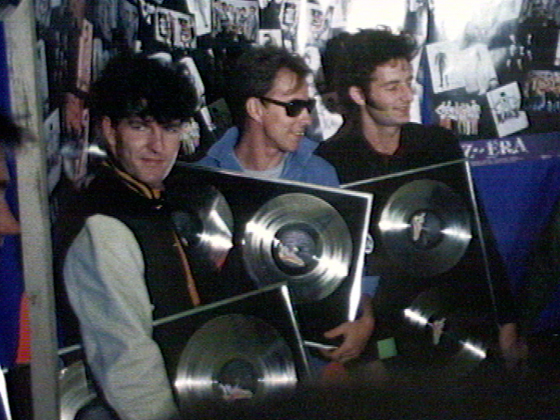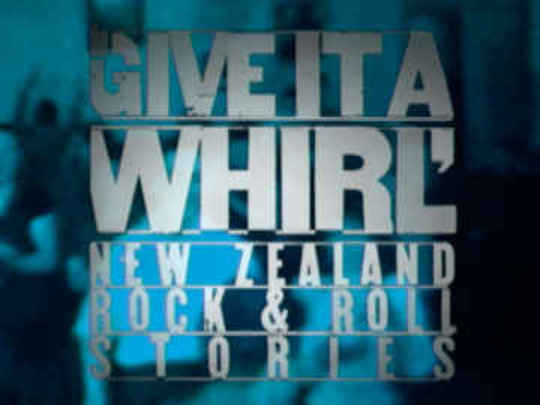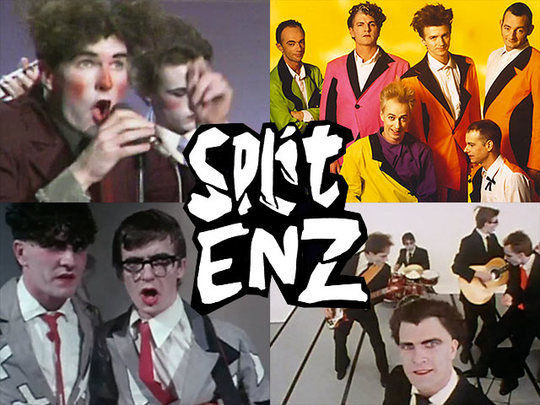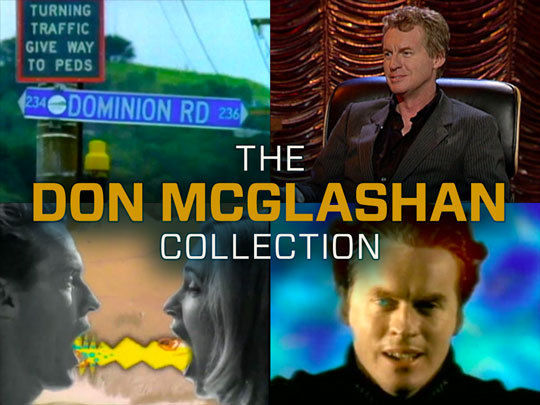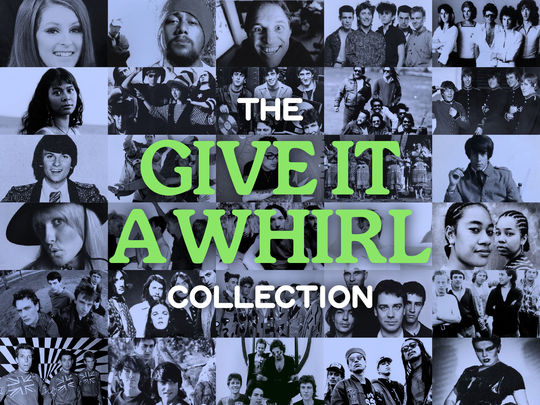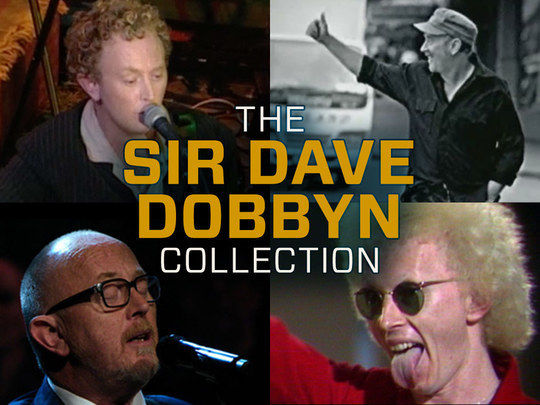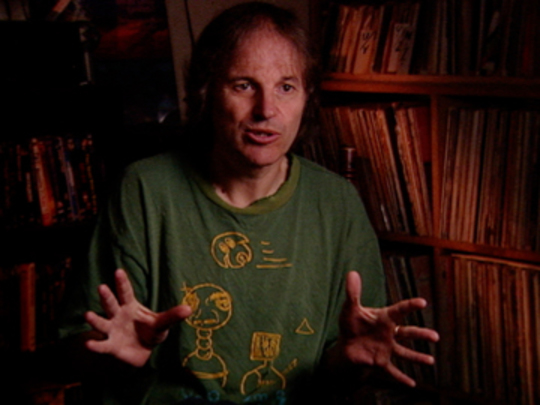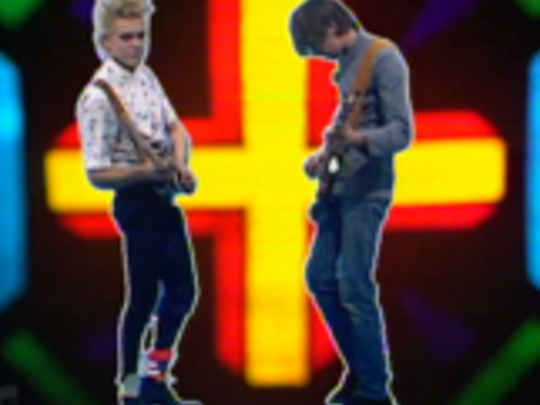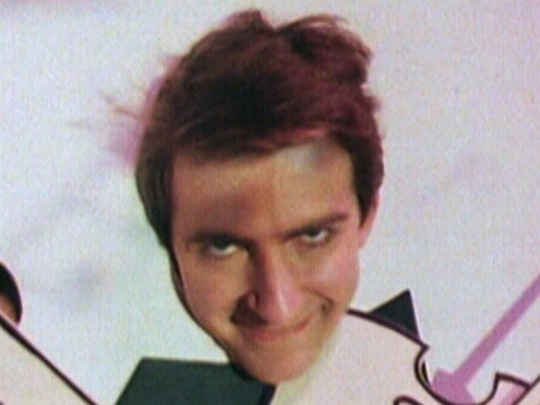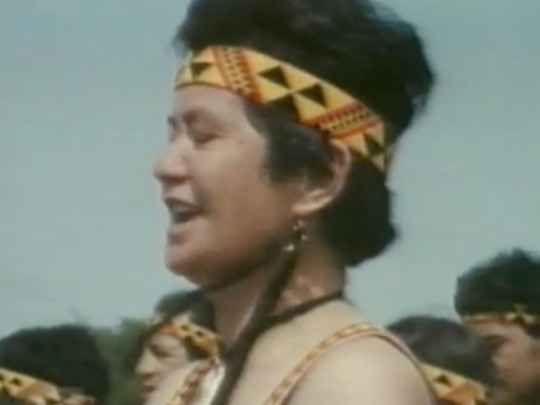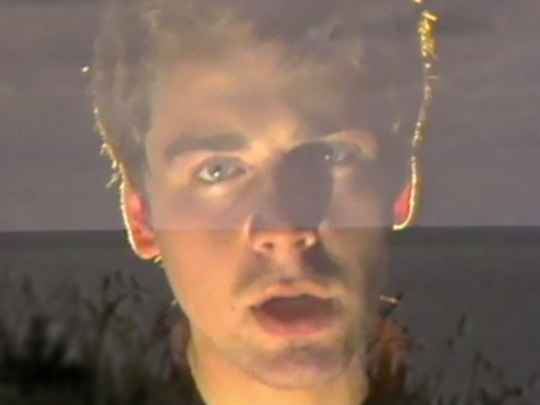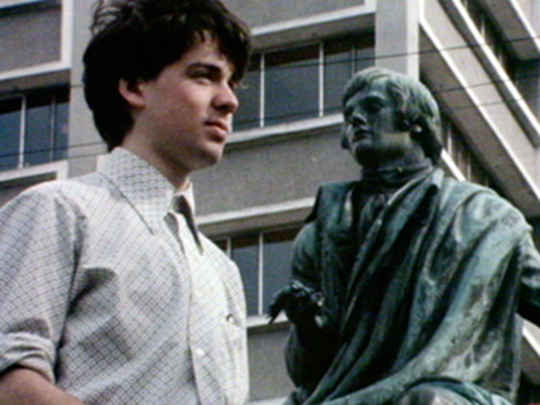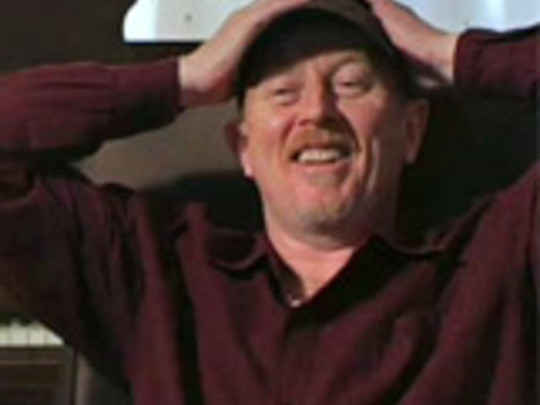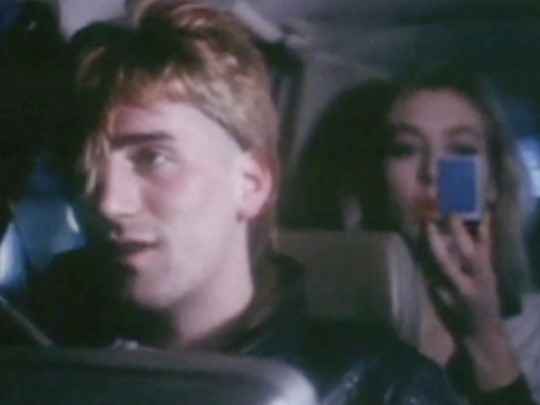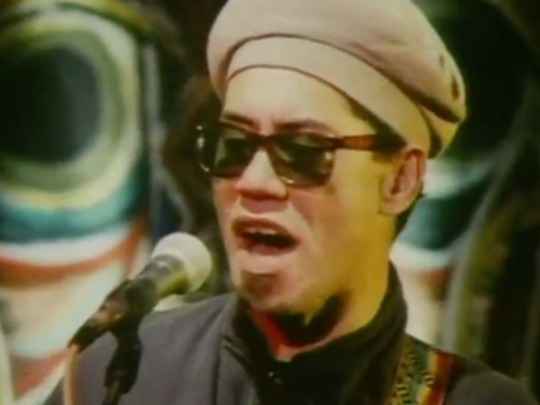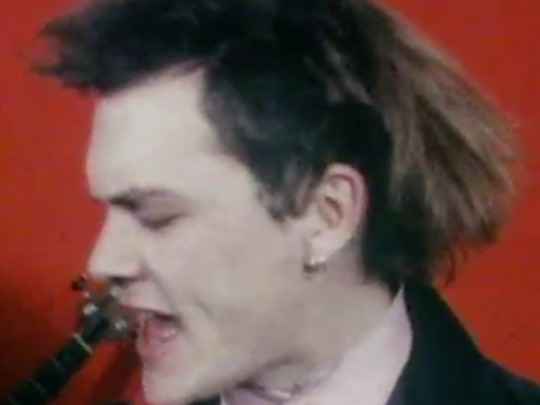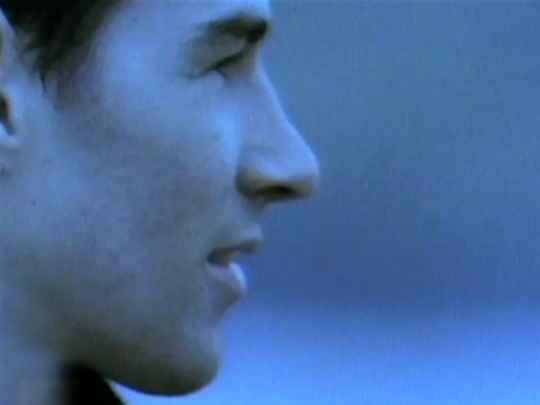Music made for giving, love, respect, compassion. What was Bob Marley's kaupapa? The truth, brother.
– DLT (Darryl Thompson) on Bob Marley, at the opening of this episode
It seemed perfectly natural to me that something like that would have happened, given the nature of the way people were feeling at the time in the early 80s. It was quite stifling.
– Dave Dobbyn on the Queen Street riot, in December 1984
We were one of these bands that we'd all arrive at the rehearsal studio with a few bits of songs, and we'd all argue about where the bits would go. And some of the songs sort of had 15 bits to them and they were way too complicated, I mean luckily we were working within that kind of do it yourself punk vibe. If it had been a few years earlier we would have turned into some ghastly prog rock Yes, or Emerson, Lake and Palmer sort of thing.
– Don McGlashan on the early days of Blam Blam Blam
You either feel it or you don't, you know, and that's always been the criteria really, and if it's true to you well it's gonna be true to other people — not necessarily everyone, but...we really meant it when we recorded it and performed it and...that's the quality that lasts, I think.
– Shayne Carter on really meaning it — including on Straitjacket Fits classic 'She Speeds'
Touring with a band very quickly loses its romance. Certainly travelling in big areas like the States has a terrible toll on personal relationships, its very hard for a band to stay together under that kind of intensity
– 38:40 Martin Phillipps on the grind of international touring
So for the four minutes it was number one, the whole nation was exposed to the Māori language, and without compromise.
– Dalvanius sums up the success of 1984 single 'Poi E'
Radio Hauraki played it once and someone made some comment about the fact it was a 'piece of shit' and laughed about it, but we were laughing because we'd sold 3,500 copies at that stage. It went to number one. It caused record companies and chart people to complain about the fact that it was a 'rig'. We heard all sorts of stories that we were giving tee shirts away with each seven inch, that we'd you know paid people to buy these records, that it hadn't actually sold, but it was a genuine number one hit — we'd sold that many records.
– Manager Simon Grigg on the Screaming Meemee's success and the pushback they encountered
The Meemees used to play Mainstreet and there was this like teen frenzy on the street or a youth frenzy, and they'd be a queue halfway down Queen Street to get into the place this was before they'd even released a proper record of their own...
– Screaming Meemees manager Simon Grigg on the buzz around the teenage band
As you're on the way up there's an intensity and an energy in a band, even if it takes a long time, that you maintain that intensity and that struggle, fighting to prove yourself. Once you've actually had success and then it's falling off, there's a certain pressure to, you know, come up with hit singles, which is I think negative in a way.
– Neil Finn on the life cycle of successful pop bands (43 minutes in)
Generally it was a, you know dare I say it, a caring, loving kind of community. People shared advice, music, equipment, and there was a real resistance against becoming mainstream and against this horrible spectre of middle of the road music...selling out.
– Chills singer Martin Phillipps on Dunedin's independent band scene in the mid 1980s
Ngoi [Pēwhairangi] said to me once 'how do I make our language acceptable to the younger generation?', and I said 'by giving it to them in the way they want to hear it, not the way you wanna teach them', and that's how 'Poi E' was born.
– Dalvanius Prime on Pātea Māori Club's 1984 smash hit 'Poi E'
Jim Wilson, who was a promoter in Christchurch, rang me: 'Got a band down here, the lead singer's surname is Luck, and that's a good enough reason for you to come down and check them out'.
– Mushroom Records representative Mike Chunn on first hearing about The Dance Exponents
Every gig from day one was completely jammo, in fact queues like you wouldn't believe ... within the first month of playing, it was still like 'wow, yeah, we knew this was gonna be good, but whoo, this is fast. We've got to get bigger venues boys..'.
– DD Smash drummer Peter Warren on the band's early days touring New Zealand
The '81 rugby tour, we were in Hamilton ... I looked like a protestor so I was chased — the whole band was. I had a long, army greatcoat, long hair down to my shoulders and buttons all over me. I looked like a protestor, so all these rugby blokes were after anyone in town who even vaguely looked like a protestor would get nobbled. They were scary times, and I think the whole early 80s period in New Zealand there was a darkness there that I think will be reviewed throughout New Zealand history as a kind of turning point.
– Dave Dobbyn on the uneasy mood of New Zealand in 1981
I just felt the weight of the past too much, and thought I didn't want to have to redefine Split Enz.
– Neil Finn on only doing one more Split Enz album after Tim Finn left the band
'Don't Dream it's Over' peaks at number two on the American charts, an unprecedented success for a New Zealand songwriter.
– Narrator Peter Elliott
Touring New Zealand, down the South Island, people that responded to us down there, it was just like wow: it gave us energy. It gave us encouragement to stay in what we were doing, and follow our conscience the way were were doing it, because we actually were a voice for a lot of people that just weren't getting heard.
– Dilworth Karaka from reggae band Herbs, on the early days of the group
As usual, the police used to visit our gigs, regular. We used to joke about them being our biggest fans. And they started to provoke some of our audience, and of course as you provoke young people, you get a reaction. And it turned into a scuffle, which turned into a fight, which turned into the cops taking out the long batons and starting to swing them around ... They were just like the boot boys except they were legal.
– Newmatics drummer Benny Staples on the inspiration for song 'Riot Squad'
I think there was sort of a bit of a them and us kind of attitude, but you know, didn't worry us. Might have worried them a bit more. Because we were doing well: sales were good, we were charting records and bands were starting to tour and get good crowds, and that whole thing grew all the way through the 80s...to the point where the bands that we were recording and releasing and working with, kind of became the mainstream. And the mainstream kind of, bar a few exceptions, kind of disappeared, which I think was a jolly good, jolly fine achievement really.
– Roger Shepherd, founder of record label Flying Nun, on breaking into the mainstream in the 1980s
It'll probably happen in the future that Māori and Polynesian music will define the New Zealand sound, one way or another, because of the interaction of that with European traditions — that will potentially create something really new. The extreme example of it I suppose being reggae out of Jamaica: why in a little country like Jamaica, did such an incredibly distinctive brand of music emerge? It was because they put their own spin on pop music. It's potentially something that could happen in New Zealand.
– Neil Finn, at the close of this episode
That's why I think there were so many bands and there were so much music and momentum around those times because it was stultifyingly boring in every other way.
– Dave Dobbyn discusses music under Prime Minister Muldoon's regulations
We had no radio airplay, at all, anywhere in the country. There was just no way, you know. In fact, it ended the charts at number one, I was in doing interviews in provincial towns and none of the radio stations could play anything off that record because it didn't suit their format.
– Dave Dobbyn on the lack of radio play for DD Smash album Cool Bananas, despite song 'Devil You Know' reaching number one
